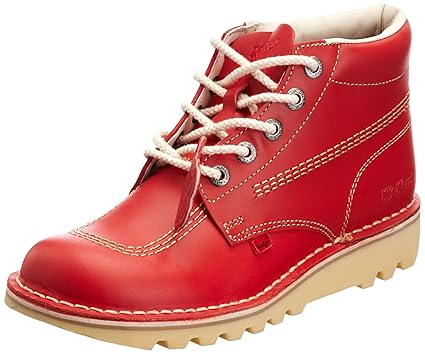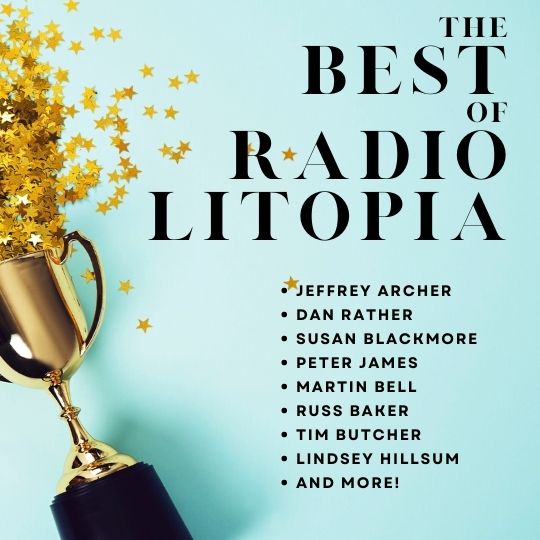Paul Whybrow
Full Member
How do you go about establishing the nature of your protagonist and the people that they interact with?
There are various shorthand ways, simple forms of 'Show, don't Tell', that save writing paragraphs of explanation and dialogue, including:
* Shoes: Someone wearing red Kickers boots with white crepe soles would be markedly different in character to a man in handmade brown brogues with leather soles. Guess which ones I wear (God was drunk when he made me! )
)


* Clothing: Casual or smart, tie wearer or open collar, wrinkled or neatly pressed? I have a character in my Cornish Detective series called Shah Roy whose been promoted to deputy in the Major Investigation Team, moving from his inner city, desk-bound geek role in the Technical Support Unit to being a rural copper. His clothing has changed considerably, as he's often out in the wilderness and needs to dress for protection.
* Pets: How a character reacts to a wandering cat they encounter would indicate a lot about their nature—do they bend to stroke it, hiss to chase it away or completely ignore it?
* Perfume or aftershave: what someone wears indicates their sophistication. A middle-aged man swathed in Lynx Body Spray hasn't grown up, but an unpretentious bloke who smells alluringly of L'Eau d'Issey pour Homme Intense by Issey Miyake may well appreciate fashion on the quiet. Basenotes is a fascinating site for researching aromas: Independent online guide to perfume — Basenotes.net
* Leisure pursuits: do your characters enjoy physical activities or are they more cerebral? I have a detective constable, a man mountain who plays rugby, but who unexpectedly has a keen interest in old photographs showing local history; I wanted to give him an extra dimension, rather than just have him as a brooding physical presence.
* Do your characters read books? Or do they live online?
* Musical tastes: someone who's a heavy metal fan, loathing all other musical genres, would be rather different to fans of C & W, rap or classical music.
* Language: it can be tricky to get across, but the sophistication of a character's vocabulary and whether they know grammatical rules are strong indications of their education, as well as their reading and writing habits. There's always a danger when writing dialogue, that too many of your characters will start to sound just like you. Writing speech phonetically is often a lazy trick meant to indicate that someone is uncouth, but having a pronounced accent is no barrier to knowledge.
* Tattoos: once the preserve of criminals, tough guys and girls and members of the armed services, tattoos are now commonplace. However, their location on the body and the design speaks volumes.
It's the unusual things in life that lodge in our minds, and it's the same for a reader tackling a fictional story. I previously commented on disposable but memorable characters, and since then, I've encountered several more colourful characters in my reading. It's strange how some authors can make fascinating thumbnail sketches of support characters, but their protagonist is as interesting as a bowl of cold porridge! I find myself thinking, "I wish the story was about this guy instead."
How do you make your characters memorable?

There are various shorthand ways, simple forms of 'Show, don't Tell', that save writing paragraphs of explanation and dialogue, including:
* Shoes: Someone wearing red Kickers boots with white crepe soles would be markedly different in character to a man in handmade brown brogues with leather soles. Guess which ones I wear (God was drunk when he made me!


* Clothing: Casual or smart, tie wearer or open collar, wrinkled or neatly pressed? I have a character in my Cornish Detective series called Shah Roy whose been promoted to deputy in the Major Investigation Team, moving from his inner city, desk-bound geek role in the Technical Support Unit to being a rural copper. His clothing has changed considerably, as he's often out in the wilderness and needs to dress for protection.
* Pets: How a character reacts to a wandering cat they encounter would indicate a lot about their nature—do they bend to stroke it, hiss to chase it away or completely ignore it?
* Perfume or aftershave: what someone wears indicates their sophistication. A middle-aged man swathed in Lynx Body Spray hasn't grown up, but an unpretentious bloke who smells alluringly of L'Eau d'Issey pour Homme Intense by Issey Miyake may well appreciate fashion on the quiet. Basenotes is a fascinating site for researching aromas: Independent online guide to perfume — Basenotes.net
* Leisure pursuits: do your characters enjoy physical activities or are they more cerebral? I have a detective constable, a man mountain who plays rugby, but who unexpectedly has a keen interest in old photographs showing local history; I wanted to give him an extra dimension, rather than just have him as a brooding physical presence.
* Do your characters read books? Or do they live online?
* Musical tastes: someone who's a heavy metal fan, loathing all other musical genres, would be rather different to fans of C & W, rap or classical music.
* Language: it can be tricky to get across, but the sophistication of a character's vocabulary and whether they know grammatical rules are strong indications of their education, as well as their reading and writing habits. There's always a danger when writing dialogue, that too many of your characters will start to sound just like you. Writing speech phonetically is often a lazy trick meant to indicate that someone is uncouth, but having a pronounced accent is no barrier to knowledge.
* Tattoos: once the preserve of criminals, tough guys and girls and members of the armed services, tattoos are now commonplace. However, their location on the body and the design speaks volumes.
It's the unusual things in life that lodge in our minds, and it's the same for a reader tackling a fictional story. I previously commented on disposable but memorable characters, and since then, I've encountered several more colourful characters in my reading. It's strange how some authors can make fascinating thumbnail sketches of support characters, but their protagonist is as interesting as a bowl of cold porridge! I find myself thinking, "I wish the story was about this guy instead."
How do you make your characters memorable?





